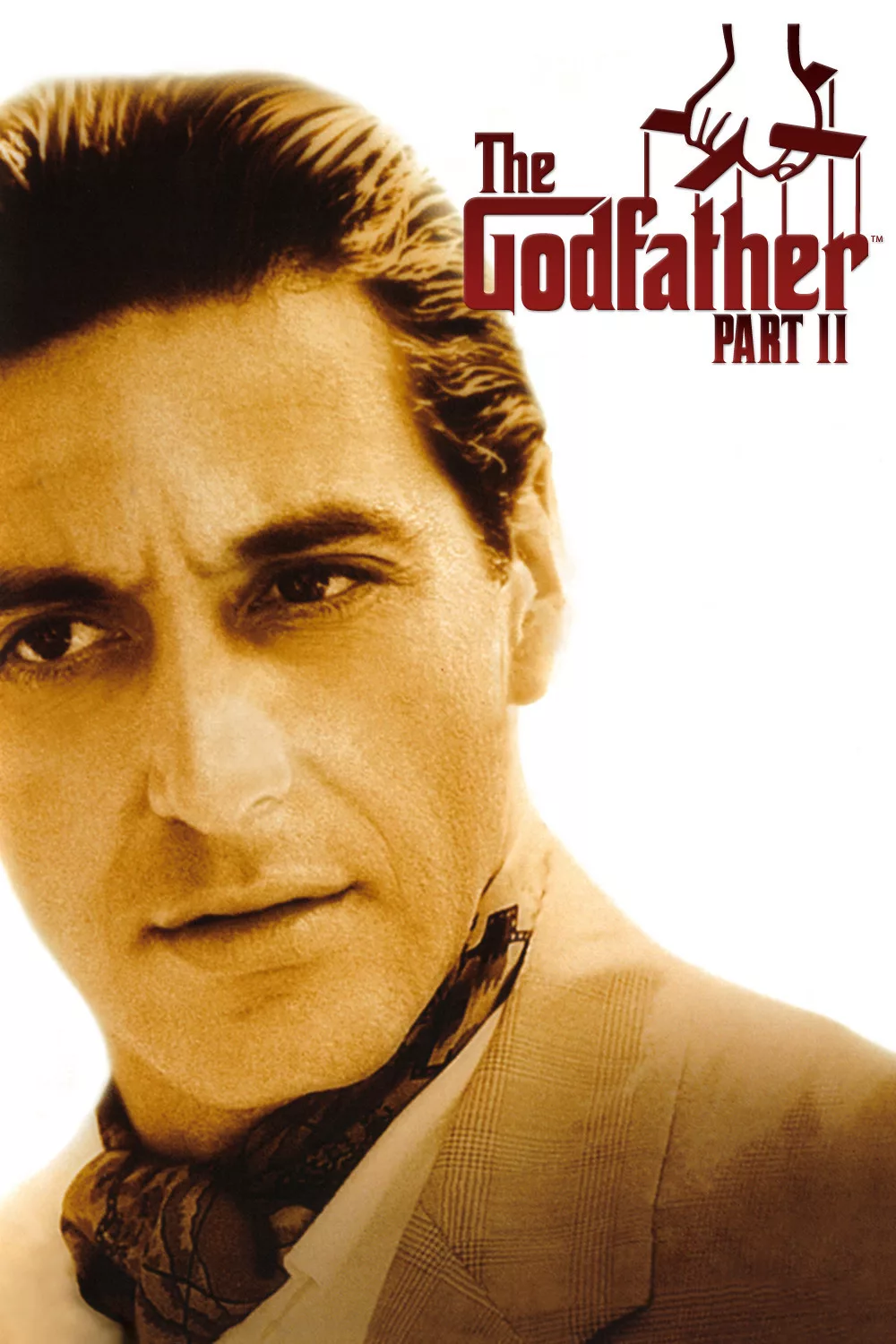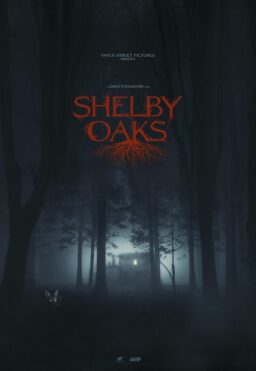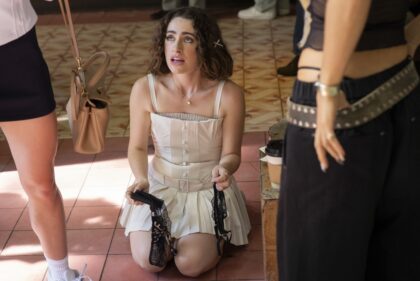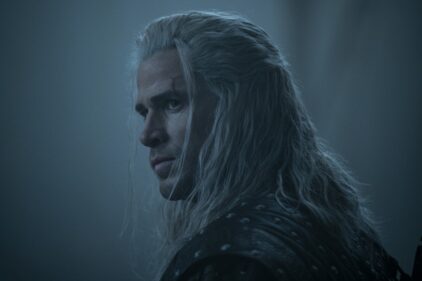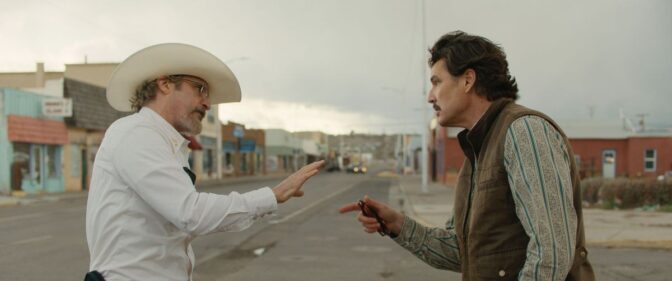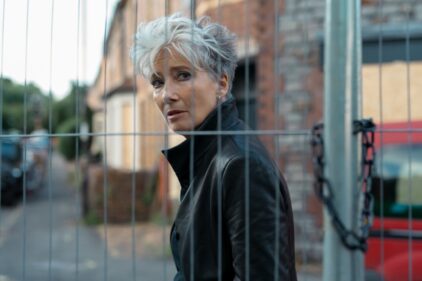Moving through the deep shadows and heavy glooms of his vast estate, Michael Corleone presides over the destruction of his own spirit in “The Godfather, Part II.” The character we recall from “The Godfather” as the best and brightest of Don Vito’s sons, the one who went to college and enlisted in the Marines, grows into a cold and ruthless man, obsessed with power. The film’s closing scenes give us first a memory of a long-ago family dinner, and then Michael at mid-life, cruel, closed, and lonely. He’s clearly intended as a tragic figure.
The Corleone saga, as painted by Francis Ford Coppola and Mario Puzo in two films totaling nearly seven hours, has been a sort of success story in reverse. In a crazy way, “The Godfather” and its sequel belong in the same category with those other epics of immigrant achievement in America, “The Emigrants” and “The New Land.” The Corleone family worked hard, was ambitious, remembered friends, never forgave disloyalty, and started from humble beginnings to become the most powerful Mafia organization in the country. If it were not that the family business was crime, these films could be an inspiration for us all.
Coppola seems to hold a certain ambivalence toward his material. Don Vito Corleone as portrayed by Marlon Brando in “The Godfather” was a man of honor and dignity, and it was difficult not to sympathize with him, playing with his grandchild in the garden, at peace after a long lifetime of murder, extortion, and the rackets. What exactly were we supposed to think about him? How did Coppola feel toward the Godfather?
“The Godfather, Part II” moves both forward and backward in time from the events in “The Godfather,” in an attempt to resolve our feelings about the Corleones. In doing so, it provides for itself a structural weakness from which the film never recovers, but it does something even more disappointing: It reveals a certain simplicity in Coppola’s notions of motivation and characterization that wasn’t there in the elegant masterpiece of his earlier film.
He gives us, first of all, the opening chapters in Don Vito’s life. His family is killed by a Mafia don in Sicily, he comes to America at the age of nine, he grows up (to be played by Robert De Niro), and edges into a career of crime, first as a penny-ante crook and then as a neighborhood arranger and power broker: a man, as the movie never tires of reminding us, of respect.
This story, of Don Vito’s younger days, occupies perhaps a fourth of the film’s 200 minutes. Coppola devotes the rest to Michael Corleone, who has taken over the family’s business after his father’s death, has pulled out of New York, and consolidated operations in Nevada, and has ambitions to expand in Florida and Cuba. Michael is played, again and brilliantly, by Al Pacino, and among the other familiar faces are Robert Duvall as Tom Hagen, the family’s lawyer; Diane Keaton as Michael’s increasingly despairing wife Kay; and John Cazale as the weak older brother Fredo.
Coppola handles a lot of this material very well. As in the earlier film, he reveals himself as a master of mood, atmosphere, and period. And his exposition is inventive and subtle. The film requires the intelligent participation of the viewer; as Michael attempts to discover who betrayed him and attempted his assassination, he tells different stories to different people, keeping his own counsel, and we have to think as he does so we can tell the truth from the lies.
Pacino is very good at suggesting the furies and passions that lie just beneath his character’s controlled exterior. He gives us a Michael who took over the family with the intention of making it “legitimate” in five years, but who is drawn more and more deeply into a byzantine web of deceit and betrayal, all papered over with code words like respect, honor, and gratitude. By the film’s end he has been abandoned by almost everyone except those who work for him and fear him, and he is a very lonely man.
But what was his sin? It was not, as we might have imagined or hoped, that he presided over a bloody enterprise of murder and destruction. No, Michael’s fault seems to be pride. He has lost the common touch, the dignity he should have inherited from his father. And because he has misplaced his humanity he must suffer.
Coppola suggests this by contrast. His scenes about Don Vito’s early life could almost be taken as a campaign biography, and in the most unfortunate flashbacks we’re given the young Vito intervening on behalf of a poor widow who is being evicted from her apartment. The don seems more like a precinct captain than a gangster, and we’re left with the unsettling impression that Coppola thinks things would have turned out all right for Michael if he’d had the old man’s touch.
The flashbacks give Coppola the greatest difficulty in maintaining his pace and narrative force. The story of Michael, told chronologically and without the other material, would have had really substantial impact, but Coppola prevents our complete involvement by breaking the tension. The flashbacks to New York in the early 1900s have a different, a nostalgic tone, and the audience has to keep shifting gears. Coppola was reportedly advised by friends to forget the Don Vito material and stick with Michael, and that was good advice.
There’s also some evidence in the film that Coppola never completely mastered the chaotic mass of material in his screenplay. Some scenes seem oddly pointless (why do we get almost no sense of Michael’s actual dealings in Cuba, but lots of expensive footage about the night of Castro’s takeover?), and others seem not completely explained (I am still not quite sure who really did order that attempted garroting in the Brooklyn saloon).
What we’re left with, then, are a lot of good scenes and good performances set in the midst of a mass of undisciplined material and handicapped by plot construction that prevents the story from ever really building.
There is, for example, the brilliant audacity of the first communion party for Michael’s son, which Coppola directs as counterpoint to the wedding scene that opened “The Godfather.” There is Lee Strasberg’s two-edged performance as Hyman Roth, the boss of the Florida and Cuban operations; Strasberg gives us a soft-spoken, almost kindly old man, and then reveals his steel-hard interior. There is Coppola’s use of sudden, brutal bursts of violence to punctuate the film’s brooding progress. There is Pacino, suggesting everything, telling nothing.
But Coppola is unable to draw all this together and make it work on the level of simple, absorbing narrative. The stunning text of “The Godfather” is replaced in “Part II” with prologues, epilogues, footnotes, and good intentions.


